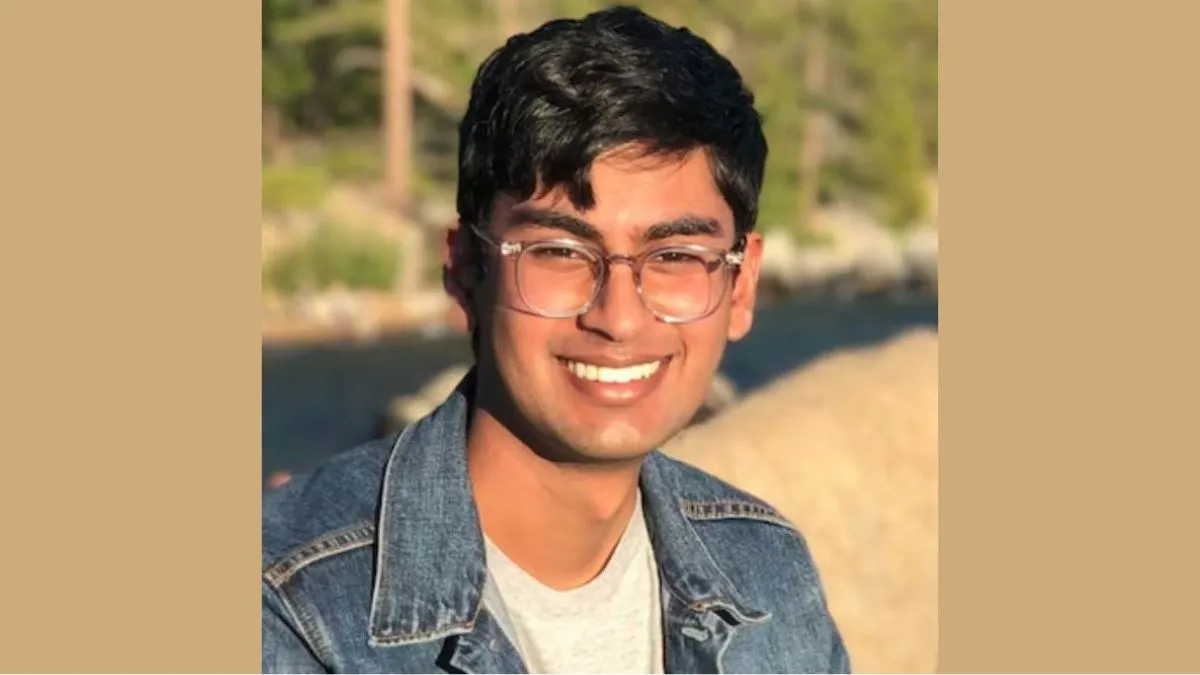- By Aditya Jha
- Sat, 04 Jan 2025 11:14 AM (IST)
- Source:JND
Suchir Balaji's Death: Amid ongoing suspicion over the death of OpenAI whistleblower Suchir Balaji, his parents and several investigative journalists have claimed that the techie was murdered in his apartment. While the officials informed that the techie had committed suicide, the journalists pointed out that the death occurred under suspicious circumstances.
Investigative journalist George Webb, after visiting Balaji's apartment, emphasised on many factors that attracted the attention of netizens. Webb claimed that there was no suicide note found near his body, adding that Balaji was murdered by a single person. He also pointed out that he had found blood patterns, signs of retaliation, and most importantly, missing evidence. Webb said that Balaji's backup drive of his OpenAI testimony was also missing from the scene.
“The apartment was ransacked. Blood trails suggest he was crawling out of the bathroom, trying to seek help," Webb clarified in an interview with India Today. He also had suspicion over the injury that Balaji sustained by the gunshot. He said that techie's gunshot injuries appeared more consistent with interrogation tactics rather than the suicide.
Webb further stated that Balaji was very close to his parents, and he also called them just hours before his death. Webb also questioned the approach of the San Francisco Police and claimed that the police department "prematurely labelled" his death as a suicide.
Besides, Balaji's parents have now hired a private investigator to dig deep into the allegation made by professionals. Balaji's death was declared a suicide after the San Francisco police found no evidence of ‘foul play’.
The 26-year-old techie raised concerns about the challenges associated with artificial intelligence and OpenAI breaking copyright law in an interview with the New York Times in October. Balaji worked as a researcher at OpenAI and quit the company earlier this year. He became a vocal critic of the firm after leaving and regularly accused the company of violating copyright law by imitating online data.

